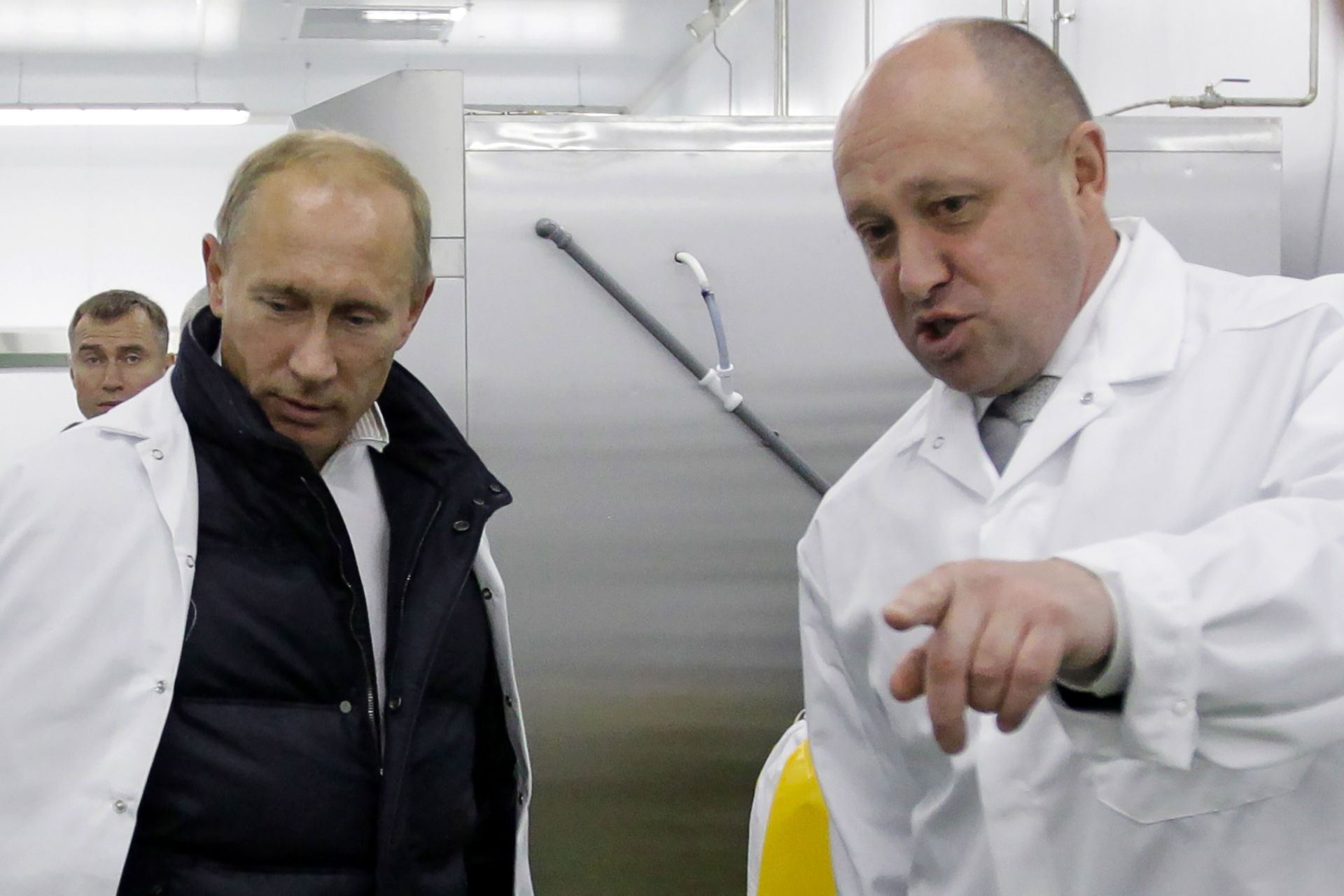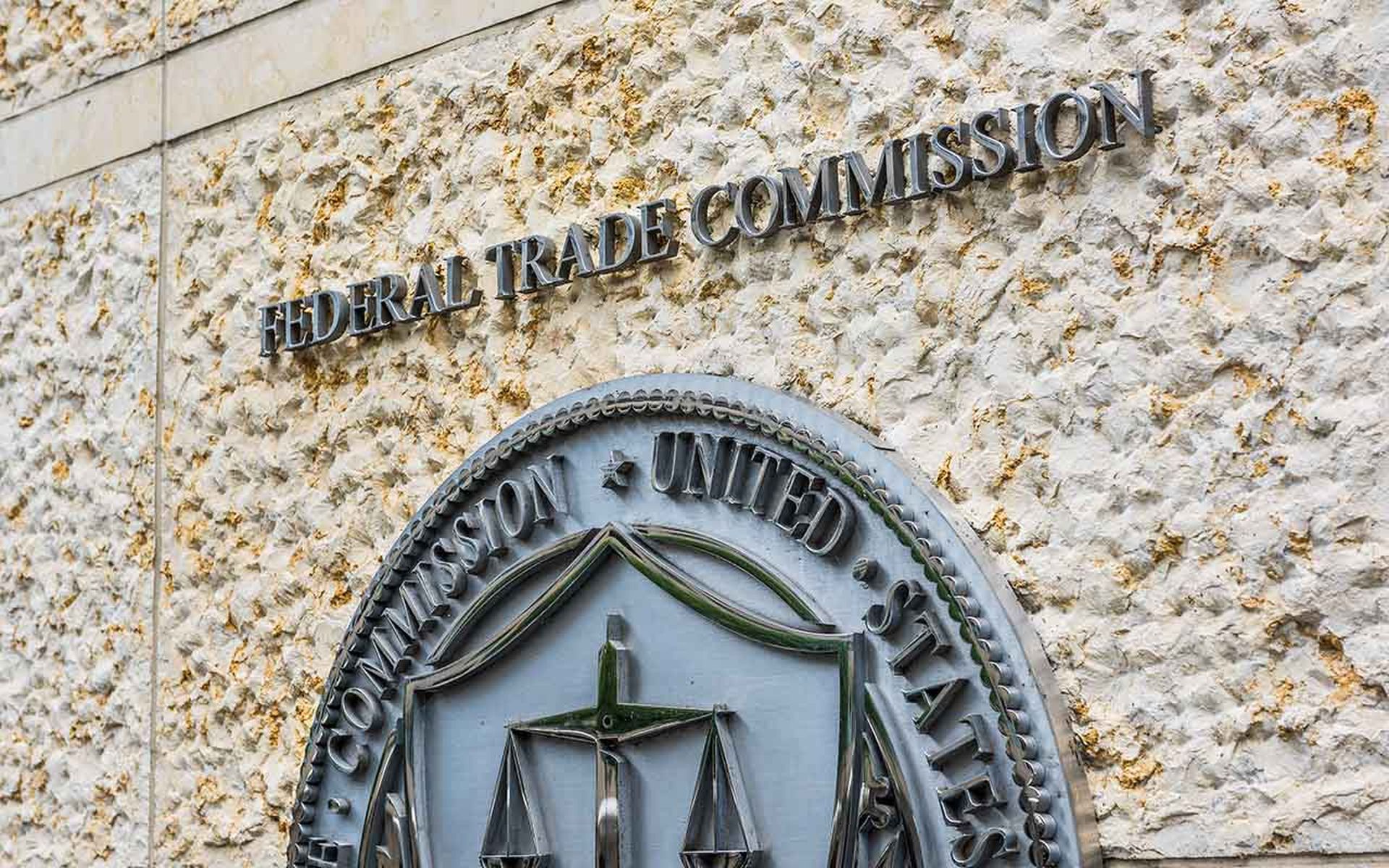Multiple news outlets are reporting that a plane carrying Yevgeny Prigozhin, head of the Wagner paramilitary group who nearly led a coup against Russian President Vladmir Putin earlier this year, has crashed.
Videos from Russian state media claiming to depict the destroyed plane, which was reportedly flying from Moscow to St. Petersburg, Russia, in a rubble-filled field flooded social media sites like Twitter and Telegram Wednesday.
On Telegram, Russian news agency TASS posted the Ministry of Emergency Situations had informed them that ten people have died in a private plane crash that took place in the Tver region while flying to St. Petersburg. The outlet later said the Russian Federal Air Transport Agency confirmed to them that Prigozhin was indeed on board, as well as Wagner second-in-command Dmitry Utkin.
"The Federal Air Transport Agency launched an investigation into the crash of an Embraer aircraft that occurred in the Tver region," TASS claimed.
Prigozhin’s presence on the plane and the cause of the crash have yet to be officially confirmed. Adrienne Watson, spokesperson for the White House National Security Council, indicated that U.S. officials were still seeking to confirm Prigozhin's presence on the plane and suggested that if true, his death could be the result of foul play.
"We have seen the reports. If confirmed, no one should be surprised," Watson tweeted shortly after the news broke.
Known as “Putin’s Chef” for his lucrative catering contracts secured for the Kremlin, Prigozhin has played a major and sometimes central role in world events over the past decade.
In the lead up to the 2016 U.S. presidential election, he ran the Internet Research Agency, a troll farm that bombarded social media sites with fake news and propaganda in an effort to sow division and undermine trust in the validity of the election and the American system of government.
According to Special Counsel Robert Mueller’s report, Prigozhin and the IRA carried out the earliest “interference operations” identified by U.S. investigators targeting the 2016 election. The campaign "evolved from a generalized program designed in 2014 and 2015 to undermine the U.S. electoral system, to a targeted operation that by early 2016 favored candidate [Donald] Trump and disparaged candidate [Hillary] Clinton."
The impact of those campaigns remains hotly disputed today. Some studies appear to show the efforts had little to no effect on voter choices in the 2016 election, while others have shown a more robust influence. Experts in disinformation say it’s difficult to disentangle the specific impact of social media campaigns like the IRA from the larger influence operation conducted by the Russian government, which included hacking and leaking of Democratic National Committee emails and documented efforts to communicate with the Trump campaign to coordinate political messaging.
More recently, his mercenary group Wagner has been on the front lines of fighting in Russia’s invasion of Ukraine, where his troops experienced more success on the battlefield than many regular Russian military units. This year he became a household name when he led a march on Moscow that caught Putin and the Kremlin by surprise and threatened to scatter Russian leadership from the capital.
Prigozhin, for reasons that are still unclear, opted to halt his march just miles from Moscow, with Belarusian president Alexander Lukashenko reportedly negotiating a truce that would end the incursion and see Prigozhin exiled to Belarus.
This is a developing story. SC Media will continue to update this space with new information.




